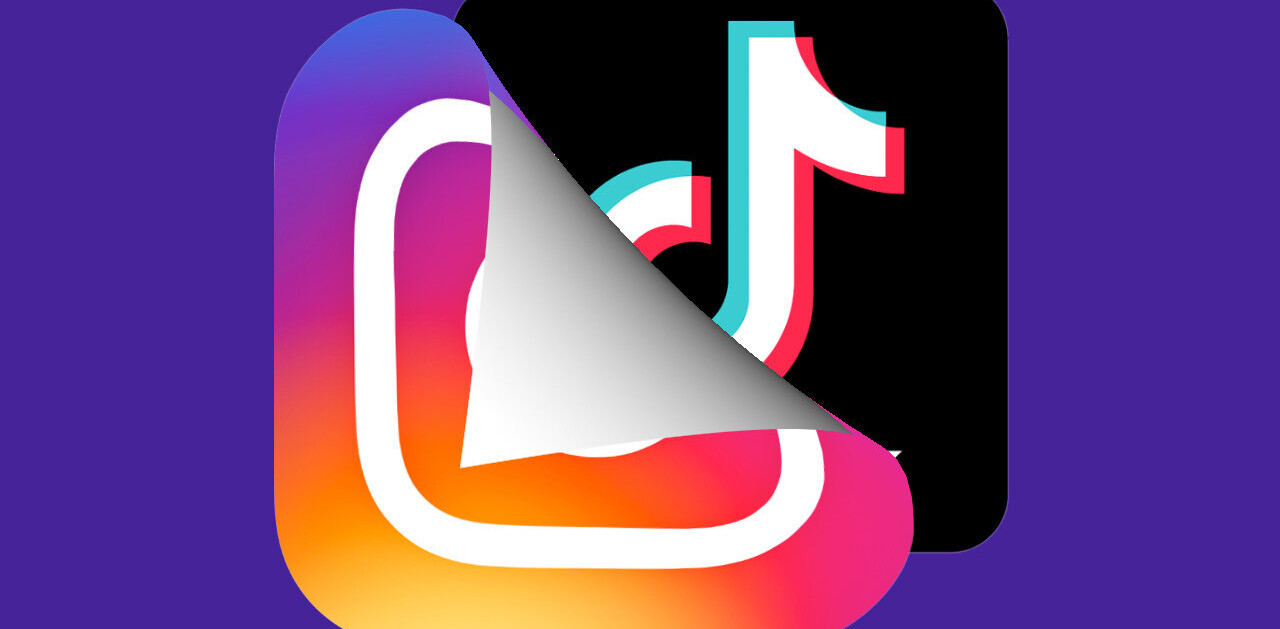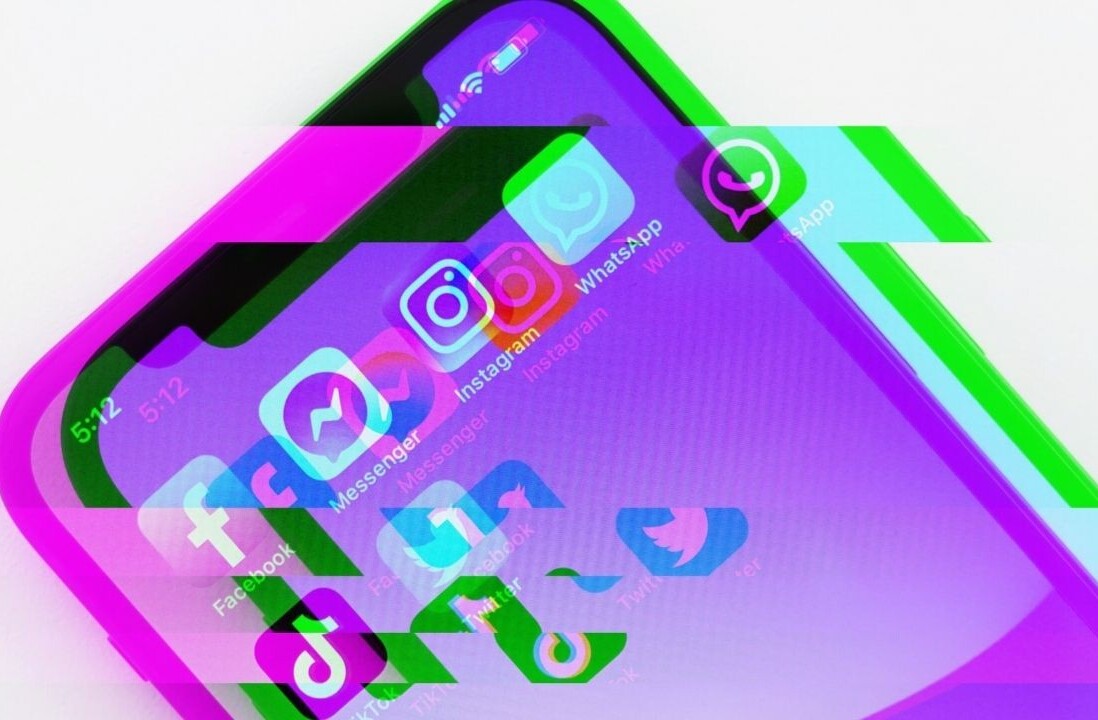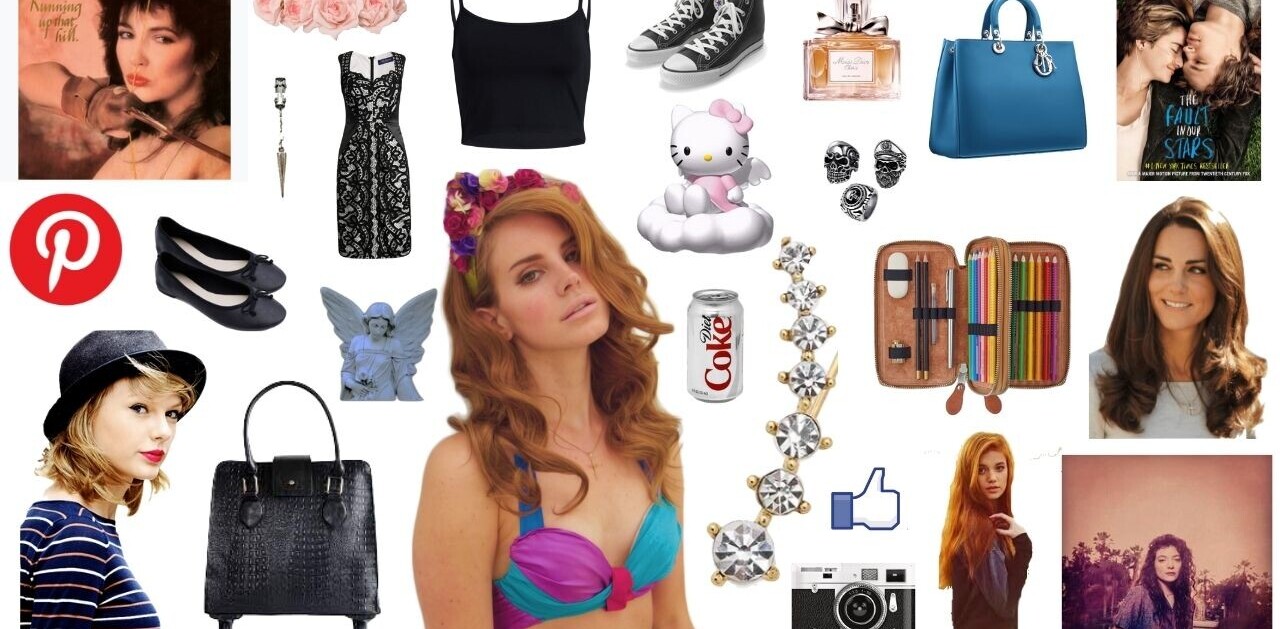
Today Facebook has announced something more important than you may realize: Facebook Gifts, and it’s happening just as we predicted.
Facebook’s $80 million+ post-IPO acquisition of Karma was enough to raise questions as to what would happen next, considering that Facebook made it clear that this was not merely a talent acquisition. Now, the future of Facebook may change.
Long-term users will remember that Facebook has tried to launch gifts in the past, but only with essentially worthless, digital goods. Today’s move is an entirely different animal, however, as the company is stepping foot into new territory by way of its Karma acquisition, with hundreds of physical goods already for sale. Facebook is now taking advantage of the growing popularity of social commerce trends (which it essentially caused), with a centralized gifting platform that lets the social giant gather countless addresses, credit card details and relationship data, all while further roping in 3rd party brands and skimming a little off the top.
 As Facebook explains, its gifts are intended as a new way for “millions of people” to celebrate moments together. Users can now send gifts from birthday reminders, or from their friend’s timeline. Gifts can be public or private. Facebook even makes the process relatively frictionless, allowing you to pay right away or alterately add your card details later. Then, whomever receives the gift simply unwraps it digitally, enters in their address and finds it on their doorstep days later. Aunts, uncles and grandparents are about to have a field day, and kids will finally understand why it’s not such a bad idea to have their relatives on the social network.
As Facebook explains, its gifts are intended as a new way for “millions of people” to celebrate moments together. Users can now send gifts from birthday reminders, or from their friend’s timeline. Gifts can be public or private. Facebook even makes the process relatively frictionless, allowing you to pay right away or alterately add your card details later. Then, whomever receives the gift simply unwraps it digitally, enters in their address and finds it on their doorstep days later. Aunts, uncles and grandparents are about to have a field day, and kids will finally understand why it’s not such a bad idea to have their relatives on the social network.
Facebook will likely target which gifts it recommends as time goes on. For example, pricer, high-end products could be targeted towards users with (what look to be) higher paying jobs, while current college students could be targeted for more novel gifts like Dave Matthews Band tickets or beer posters. Of course, this could all feed into Facebook’s advertising network too, where as long as the gifting inventory eventually expands, users will be able to purchase whatever’s advertised without ever leaving Facebook. That’s where the obvious Facebook VS Amazon comparison comes into play.

Now, we’re left wondering what will happen to the likes of Wrapp, Wantful, DropGifts and Give.it. It’s clear that Facebook is on track to taking up Apple’s old habits; letting creators innovate onto its platform, only to replicate those same features natively. Considering how deep Facebook Gifts will be integrated, this is pretty much a black spot for everyone else in the social gifting space.
How aggressively Facebook plans to pursue today’s launch has yet to be shown, but there’s no doubt that the potential is absolutely massive. Users, hide your credit cards. Investors, get those mouths watering. This is a big deal.
Image credit: Justin Sullivan / Getty Images
Get the TNW newsletter
Get the most important tech news in your inbox each week.




